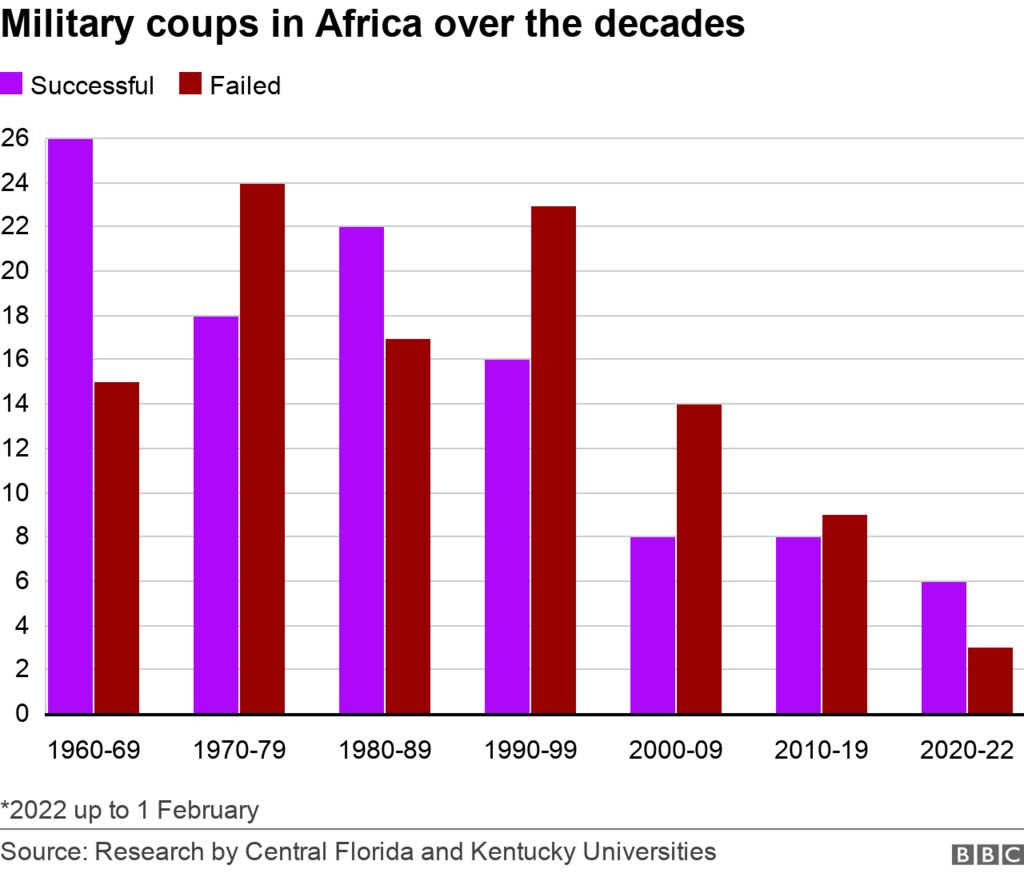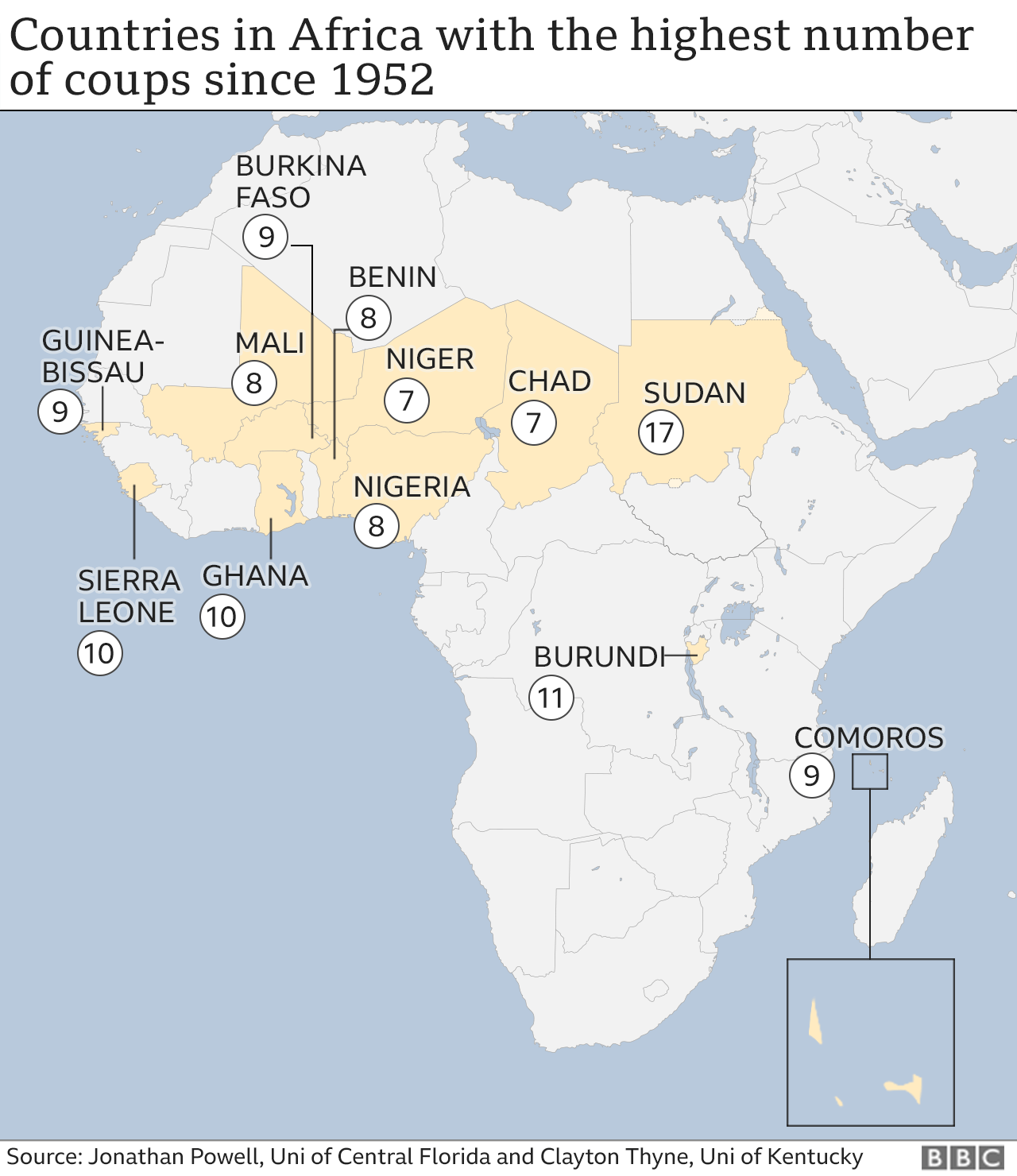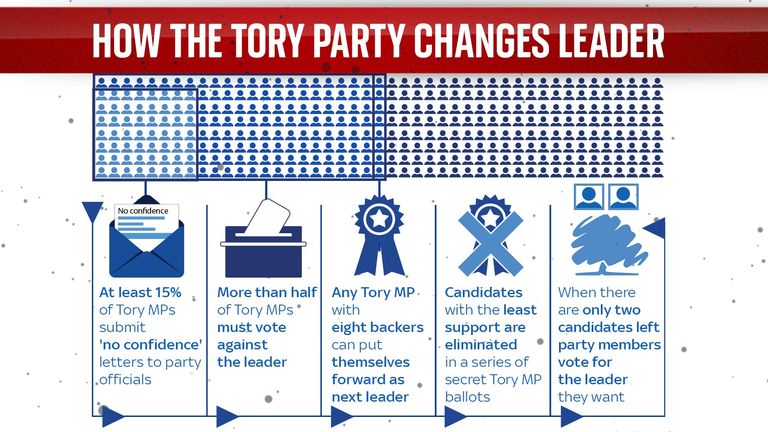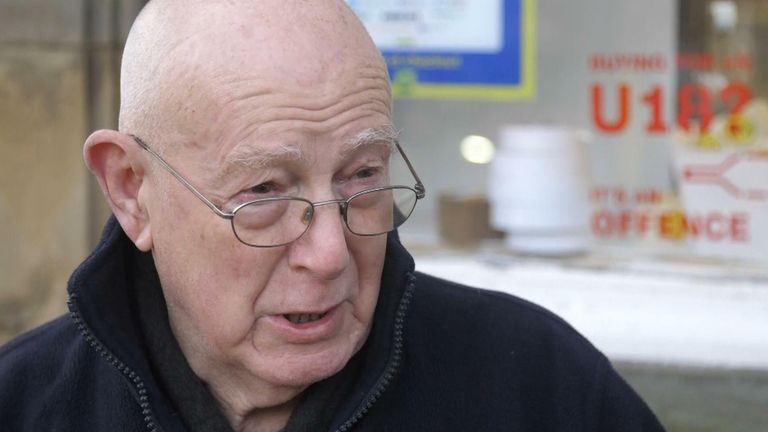Thursday, 3 February 2022
Six dead in Guinea-Bissau failed coup
Making a fortune from cockroaches in Tanzania
A Tanzanian cockroach farmer has told BBC Swahili how he has made a fortune from his business.
“People thought I was mad when I started farming cockroaches and now it earns me a good living,” said Lusius Kawogo.
And cockroaches seem to be taking the East African nation by storm.

Last month, a story about popular Tanzanian singer and model Saumu Hamisi’s passion for nutritious cockroaches went viral.
Also known by her stage name Ummy Doll, she told BBC Swahili that the insects tasted like fish or white meat – and that she added coconut oil to roast, kebab or fry them.
Mr Kawogo says he now gets enquiries from customers outside Tanzania seeking to buy the cockroaches.
But he said this type of farming was yet to be embraced by most Tanzanians.
“I wish we had several people interested in farming cockroaches as we would be able to supply in large quantities.”
An expert at Dar es Salaam’s Muhimbili National Hospital says cockroaches have a lot of nutritional value when farmed in the right way.
“Cockroaches are high in proteins, fat, vitamin B12 and zinc, which help with building immunity,” nutritionist Scolastica Mlinga told BBC Swahili.

……………………………………………………
Are military takeovers on the rise in Africa
Military coups were a regular occurrence in Africa in the decades that followed independence and there is concern they are starting to become more frequent.
This year has already seen two – a takeover by the army in Burkina Faso and the other a failed coup attempt in Guinea Bissau.
And 2021 witnessed a higher number of coups in Africa compared with previous years.
When is a coup a coup?
One definition used is that of an illegal and overt attempt by the military – or other civilian officials – to unseat sitting leaders.
A study by two US researchers, Jonathan Powell and Clayton Thyne, has identified over 200 such attempts in Africa since the 1950s.
About half of these have been successful – defined as lasting more than seven days.
Burkina Faso, in West Africa, has had the most successful coups, with eight takeovers and only one failed coup.
 IMAGE SOURCE,GETTY IMAGES
IMAGE SOURCE,GETTY IMAGESSometimes, those taking part in such an intervention deny it’s a coup.
In 2017 in Zimbabwe, a military takeover brought Robert Mugabe’s 37-year rule to and end. One of the leaders, Maj Gen Sibusiso Moyo, appeared on television at the time, flatly denying a military takeover.
In April last year after the death of the Chadian leader, Idriss Déby, the army installed his son as interim president leading a transitional military council. His opponents called it a “dynastic coup”.
“Coup leaders almost invariably deny their action was a coup in an effort to appear legitimate,” says Jonathan Powell.
How often are there coups in Africa?
The overall number of coup attempts in Africa remained remarkably consistent at an average of around four a year in the four decades between 1960 and 2000.
Jonathan Powell says this is not surprising given the instability African countries experienced in the years after independence.

“African countries have had conditions common for coups, like poverty and poor economic performance. When a country has one coup, that’s often a harbinger of more coups.”
Coups dropped to around two a year in the two decades up to 2019.
We are only three years into the current decade and while in 2020 only one coup was reported in Mali, there was a noticeably higher than average number in 2021 with six coups or attempted coups recorded .
There were successful coups in Chad, Mali and, Guinea and Sudan and failed military takeovers in Niger and Sudan.
In September 2021, the UN Secretary-General António Guterres voiced concern that “military coups are back,” and blamed a lack of unity amongst the international community in response to military interventions.
“Geo-political divisions are undermining international co-operation and…a sense of impunity is taking hold,” he said.
Judd Devermont from the US-based Center for Strategic and International Studies, believes a “lenient” approach by regional and international bodies “has enabled coup leaders to make minimal concessions while preparing for longer stays in power”.
 IMAGE SOURCE,REUTERS
IMAGE SOURCE,REUTERSNdubuisi Christian Ani from the University of KwaZulu-Natal says popular uprisings against long-serving dictators have provided an opportunity for the return of coups in Africa.
“While popular uprisings are legitimate and people-led, its success is often determined by the decision taken by the military,” he says.
Which countries have had the most coups?
Sudan has had the most coups and attempted takeovers amounting to 17 – six of them successful.
In 2019, long-serving leader Omar al-Bashir was removed from power following months of protests.
Bashir had himself taken over in a military coup in 1989.
Nigeria had a reputation for military coups in the years following independence with eight between January 1966 and the takeover by Gen Sani Abacha in 1993.

However, since 1999 transfers of power in Africa’s most populous nation have been by democratic election.
Burundi’s history has been marked by eleven separate coups, mostly driven by the tensions between the Hutu and Tutsi communities.
Sierra Leone experienced three coups between 1967 and 1968, and another one in 1971. Between 1992 and 1997, it experienced five further coup attempts.
Ghana has also had its share of military coups, with eight in two decades. The first was in 1966, when Kwame Nkrumah was removed from power, and in the following year there was an unsuccessful attempt by junior army officers.
Overall, Africa has experienced more coups than any other continent.
Of the 13 coups recorded globally since 2017, all but one – Myanmar in February 2021 – have been in Africa.
………………………………………………………
New blow for Johnson as third Tory MP today submits no-confidence letter
Another Tory MP is submitting a letter of no confidence in the prime minister over his handling of partygate allegations – the third today.
Senior backbencher Tobias Ellwood, who is chair of the Defence Select Committee, said this morning it was “time to resolve this” as the Conservative Party is “slipping into a very ugly place”.
This afternoon, Anthony Mangnall, MP for Totnes and South Devon, revealed he has submitted a letter of no confidence in Boris Johnson as “his actions and mistruths are overshadowing the extraordinary work of so many excellent ministers and colleagues”.
And now Gary Streeter, MP for South West Devon, has added his name to the list of those publicly calling for the PM to resign, saying: “I cannot reconcile the pain and sacrifice of the vast majority of the British public during lockdown with the attitude and activities of those working in Downing Street.”
Peter Aldous said on Tuesday that he would be submitting a letter of no confidence in Mr Johnson to Sir Graham Brady, the chairman of the 1922 Committee.
The pressure on the PM comes as the Metropolitan Police is investigating 12 gatherings during COVID restrictions for potential breaches of regulations.
A partial version of the long-awaited Sue Gray report released earlier this week said Downing Street lockdown gatherings represented a “serious failure” and were “difficult to justify”.
Meanwhile, Number 10 has refused to comment on new reports that reveal details of lockdown parties Mr Johnson is alleged to have attended.
In fresh claims, two newspapers say the PM attended a party in his flat and also went to separate leaving dos.
ELLWOOD’S INTERVENTION TIMED FOR MAXIMUM IMPACT
The prime minister was hoping he would be able to reset the agenda and move on to policy issues this week.
From Ukraine to levelling up, No 10 were hoping they could shore up support after partygate, at least for now, with the release of Sue Gray’s partial findings on Monday.
Tobias Ellwood’s comments on Sky News – timed for maximum impact on the day of the launch of the government’s flagship policy – are ominous for the prime minister for several reasons.
Here is a senior MP and former minister, who has been critical of the PM before but not in an overtly personal way, joining the 10 other Tories who have already come forward to say they have no confidence in him – from different wings of the party, not one clique.
There is no obligation to make the fact of sending in a letter public, so who knows how many others have done so – or how close we are to the 54 threshold for a contest.
But his accusation that Boris Johnson does not understand the depth of anger and discontent about having to defend the drip, drip of new party revelations will worry No 10.
His unease about the prime minister’s Jimmy Savile slur is shared by others; and so is his criticism that so-called “red meat” policies, such as sending in the Navy to tackle channel migrants, won’t work.
The worry for Downing Street is that behind the scenes, other MPs are quietly soul-searching, and may soon come to the same conclusions as Tobias Ellwood.
Ellwood calls on PM to ‘take a grip of this’
Explaining why he is also putting a letter in to Sir Graham, Mr Ellwood said it is “just horrible” for Tory MPs to “continuously have to defend this to the British public”.
“I don’t think the prime minister realises how worried colleagues are in every corner of the party, backbenchers, and ministers alike, that this is all only going one way and will invariably slide towards a very ugly place,” he said.
“I believe it’s time for the prime minister to take a grip of this; he himself should call a vote of confidence, rather than waiting for the inevitable 54 letters to be eventually submitted.
“It’s time to resolve this completely, so the party can get back to governing, and, yes, I know the next question you will ask, I will be submitting my letter today to the 1922 Committee.”

Mr Ellwood hit out at the current strategy from Number 10, accusing the government of prioritising short-term survival.
He criticised what he said were recent “rushed policy announcements”, including the Royal Navy taking over responsibility for policing migrants crossing the English Channel.
“And attacking this week Keir Starmer with Jimmy Savile… I mean, who advised the prime minister to say this?” Mr Ellwood added.
“We’re better than this, we must seek to improve our standards and rise above where we are today.”

‘He should be gone’: Public on PM
Facing MPs as he delivered a statement on the Gray report, Mr Johnson accused Sir Keir, the Labour leader, of failing to prosecute sex offender Jimmy Savile when he was director of public prosecutions.
Victims of Savile have called on the PM to withdraw the discredited claim, which Sir Keir has described as a “ridiculous slur peddled by right-wing trolls”.
Also speaking to Sky News, former education secretary Justine Greening said it is “up to Tory MPs to decide what to do” as it is clear that Mr Johnson “isn’t going to resign”.
How likely is a no confidence vote?
A handful of Tory MPs are understood to have handed in letters of no confidence following the lockdown events in Downing Street and Whitehall.
The only person who knows the true figure is Sir Graham, who does not publicly say how many letters have been received.
A total of 54 letters – 15% of the parliamentary party – are needed to trigger a leadership vote.
If Mr Johnson were to win such a ballot, he would be immune from another leadership challenge for a year.
Were he to lose, he would have to resign and a successor as party leader and PM would be chosen.
……………………………………………………………
A Royal Encounter at Madame Tussauds London - Part 7
Exploring the Majesty of the Palace and Its Distinguished Guests Greetings, ladies and gentlemen! My name is Sofonie Dala, and I am deligh...

-
Since the July 26 coup, Niger has become the latest hotbed of disinformation in the troubled Sahel region as West African powers grapple wit...
-
End of an Era: Angola Loses Former National Assembly President Fernando “Nandó” da Piedade Dias dos Santos 📢 Breaking News — Historic Mome...
-
Angolan President of Republic João Lourenço marked Saturday (26) the third year of his five-year in office, marked by the strong negative ...







